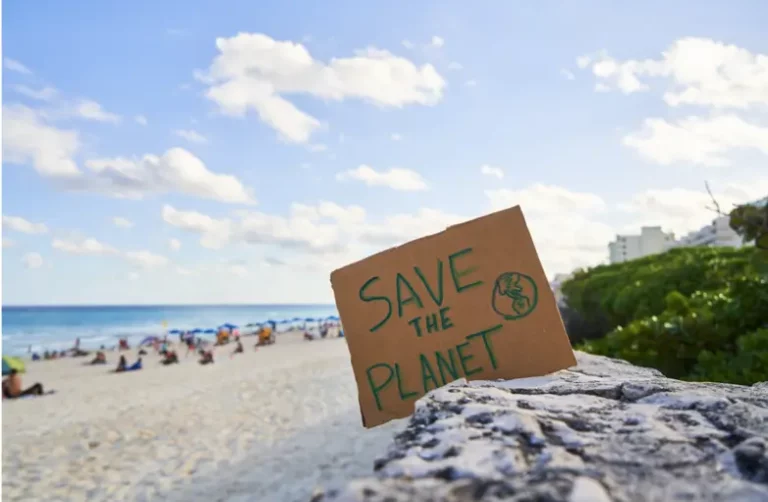Ocean Acidification and Its Impact on Marine Ecosystems
Ocean acidification, often referred to as the ‘evil twin’ of climate change, is a critical yet less publicized environmental issue. It involves the decrease in pH levels of the Earth’s oceans, caused primarily by the uptake of carbon dioxide (CO2) from the atmosphere. This phenomenon poses a severe threat to marine life, particularly organisms with calcium carbonate structures, such as corals and shellfish, and has broader implications for marine biodiversity, fisheries, and global food security. This comprehensive analysis delves into the causes, consequences, and potential solutions for ocean acidification.
Understanding Ocean Acidification
Chemical Process: When CO2 is absorbed by seawater, a series of chemical reactions occur leading to the increased concentration of hydrogen ions, which lowers the ocean’s pH. This process also reduces the availability of carbonate ions, which are crucial for marine organisms that need them to form their calcium carbonate structures.
Historical Context and Current Trends: The pH of ocean surface waters has fallen by about 0.1 pH units since the beginning of the industrial era, corresponding to a 30% increase in acidity. Current projections suggest that the oceans may continue to acidify at a rate not seen in the past 300 million years, fundamentally altering marine environments.
Impacts on Marine Biodiversity

Coral Reefs: Acidification impairs the ability of corals to produce their skeletons, weakening coral reefs. These reefs are biodiversity hotspots and provide critical habitat for many marine species. Their degradation leads to the loss of species that depend on them for survival and protection.
Shellfish and Other Calcifiers: Mollusks, such as clams, oysters, and sea snails, as well as certain types of plankton, are vulnerable to ocean acidification. The weakening of their shells makes them more susceptible to predators and environmental stressors, disrupting aquatic food chains.

Broad Ecosystem Effects: Changes in the abundance and health of these key species affect the wider marine food web. For example, many fish species rely on coral reefs for nursery grounds, and their decline could impact fish populations, which are vital for commercial fishing industries and subsistence fishing communities.
Socioeconomic Consequences
Fisheries and Aquaculture: The global fishing industry, which supports the livelihoods of millions of people, is at risk due to the impacts of acidification on shellfish and coral reefs. Economic losses in regions dependent on shellfish aquaculture and tourism are projected to increase.
Food Security: Many coastal and island communities depend heavily on fish and shellfish as a primary source of protein. The decline in these resources due to acidification could lead to nutritional deficits and increase the risk of food insecurity.
Mitigation and Adaptation Strategies
Reducing CO2 Emissions: The primary method to combat ocean acidification is by reducing global carbon dioxide emissions. International agreements like the Paris Agreement are crucial in this effort, though more aggressive commitments are needed to match the severity of the threat.

Local Management Actions: Strategies such as controlling water pollution and managing fisheries more sustainably can help mitigate the impacts of acidification. These actions can improve the overall resilience of marine ecosystems to acidification and other stressors.
Enhancing Scientific Research and Monitoring: Increased funding for research into ocean acidification can lead to better understanding and more effective responses. Developing technologies for monitoring acidity and its effects can help manage its impact more efficiently.
Public Education and Awareness: Raising awareness about the causes and consequences of ocean acidification can increase public support for necessary policy changes and personal actions to reduce carbon footprints.
Technological Innovations and Future Prospects
Emerging technologies and innovations offer hope for addressing some of the challenges posed by ocean acidification. For instance, advancements in genetic research may lead to the development of coral and shellfish strains that are more resistant to acidic conditions. Moreover, geoengineering approaches like enhanced weathering or ocean alkalinity enhancement are being explored as ways to directly mitigate acidification.
As we continue to understand and address ocean acidification, interdisciplinary approaches combining policy, science, and community engagement will be essential. The fate of our marine ecosystems depends not only on the actions of policymakers and scientists but also on public awareness and behavior changes that contribute to the sustainability of these vital resources.


